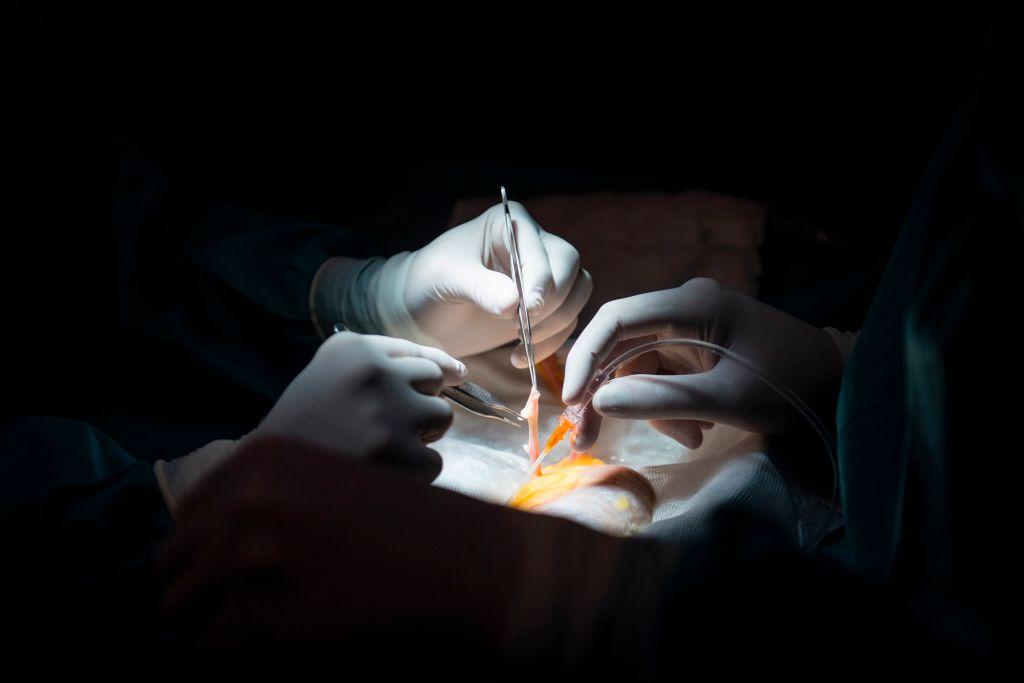A bill preventing UK citizens from receiving an organ transplant abroad without proper consent from the donor has passed its second reading on Friday.
The bill also seeks to ban the display of imported bodies that do not meet the same consent requirement as those sourced in the UK.
The Organ Tourism and Cadavers on Display Bill, introduced by Lord Philip Hunt of Kings Heath, aims to stop UK citizens from being complicit in the alleged forced organ harvesting in China on Falun Gong adherents, the Uyghurs, and others.
“Organ donation is a precious act of saving a life, but forced organ harvesting is commercialised murder and, without doubt, among the worst of crimes,” Hunt told the House of Lords.
According to NHS statistics, between 2010 and July 2020, 29 British patients were found to have received organ transplants in China.
Hunt’s bill would ban a UK citizen from going abroad and receiving any controlled material for the purpose of organ transplantation when the organ donor or the donor’s next of kin had not provided free, informed, and specific consent, and when a living donor or third party receives a financial gain or comparable advantage, or, if from a deceased donor, a third party receives financial gain or comparable advantage.
It also prohibits commercial dealings in human material for transplantation taking place outside of the UK if the person had a close connection to the UK.
The bill would provide for regulations for patient-identifiable records and an annual report on instances of UK citizens receiving transplant procedures outside the UK.
Imported bodies on display will also have to meet the same consent requirements as those sourced from the UK.
Baroness Ilora Finlay, in support of the bill, says that the “Real Bodies” exhibition reminded her of Burke and Hare, two 19th century Scottish serial killers who murdered 16 people and sold their bodies to an anatomist for dissection at his anatomy lectures.
“The plastinated bodies exhibition had commercial gain, no evidence of consent to these people’s bodies being used and no evidence they died naturally,” Finlay, who’s also a medical doctor, said.
“Indeed, emails reveal some were supplied for plastination in China after key organs had been removed, suggesting their bodies are the remains from a despicable trade in genocide, organ harvesting, and commercial transplantation in China.”
It further concluded that adherents of the spiritual practice Falun Gong have been one of the main sources of organ supply.





